This article originally appeared in Esquire Middle East
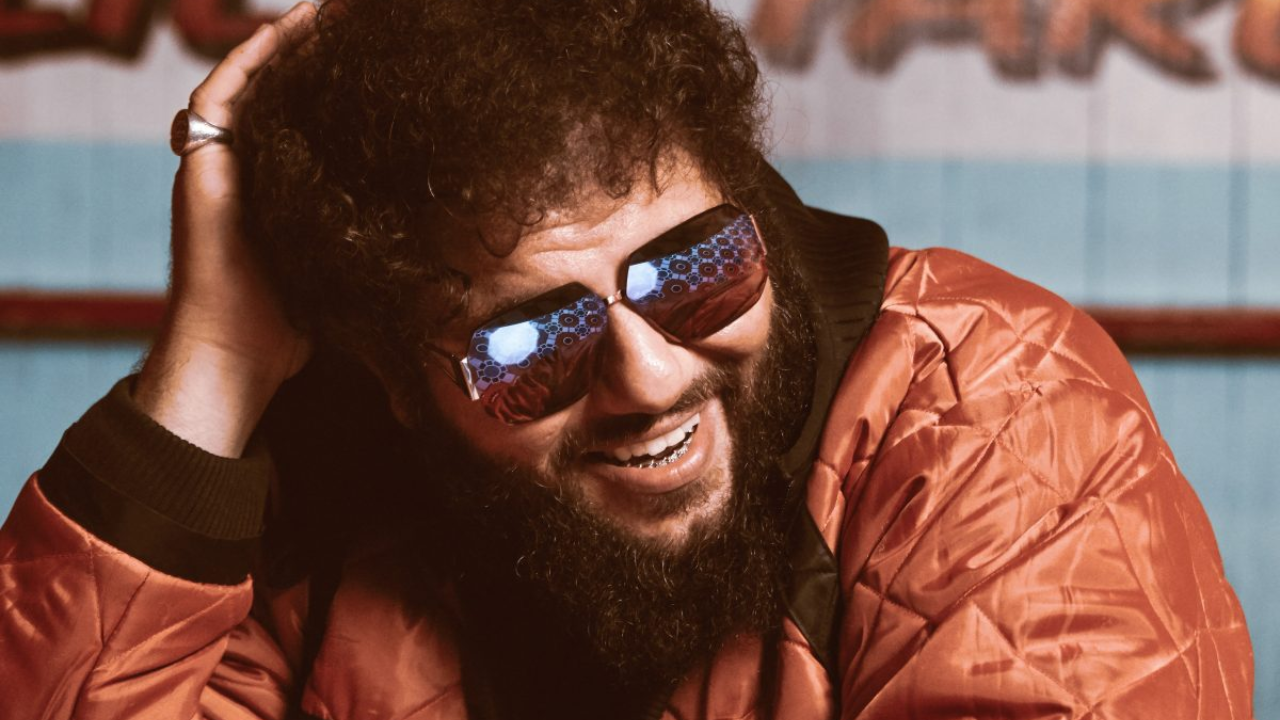
Seven years ago, Mo Amer wrote the opening scene to a TV series, folded it up, and put it in his back pocket. It was the story he knew he would always tell someday—the story of a Palestinian boy born in Kuwait who moved to Texas on the cusp of becoming a teenager, a place he wouldn’t feel was his home until he found himself on stage as a stand-up comedian in the years to come.
He knew he had something. What he didn’t know was whether he would ever actually turn it into a reality.
“I started pitching it to all my friends. I said, ‘guys, I got this amazing idea!’ I’d start acting out the first two minutes of the series for them, this really cool way to tell that story of how we came to the States. All my friends were like, you need to save that. That is amazing. Don’t drop it on a stand up special. You need to put it in a series,” Amer tells Esquire Middle East.
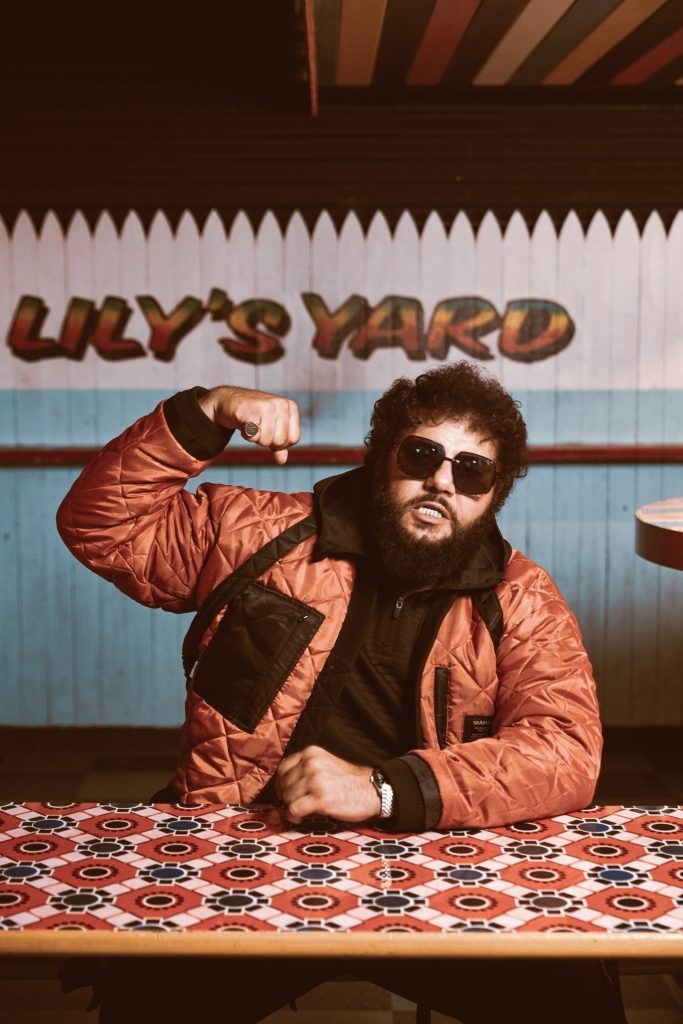
“When people ask me, ‘what would you compare this to?’ I have no answer. There’s just never been a Palestinian family depicted like this on television before.”
As the corners on that script began to fray, Amer’s star continued to rise, and after a hugely-successful Netflix special, The Vagabond, he was contacted by Ramy Youssef for a lead role in his now-Golden Globe-winning A24-produced series, Ramy. It wasn’t long into filming that Amer pitched Youssef the idea that he’d been sitting on.
“I was like, you know what, you’re making a show here with A24, and they want to make more. I’ve got an idea, why don’t we do this?”
Mo Amer’s struggles on set
As we speak via Zoom, fresh off the release of his second Netflix special Mohammed in Texas, Amer was on the set of the then-untitled series that he and Youssef have co-created, Mo, which is now available to watch on Netflix. He looked tired—rightfully so. By his own admission, this is the hardest thing he’s ever done in his life, not just because he’s making his first series, but because he’s making a show unlike any other.
“It’s a lot of heavy lifting. There’s no shortage of content but how do you put this together? I have so many stories from my life that can be used, but how do you put those together and engage the audience?”
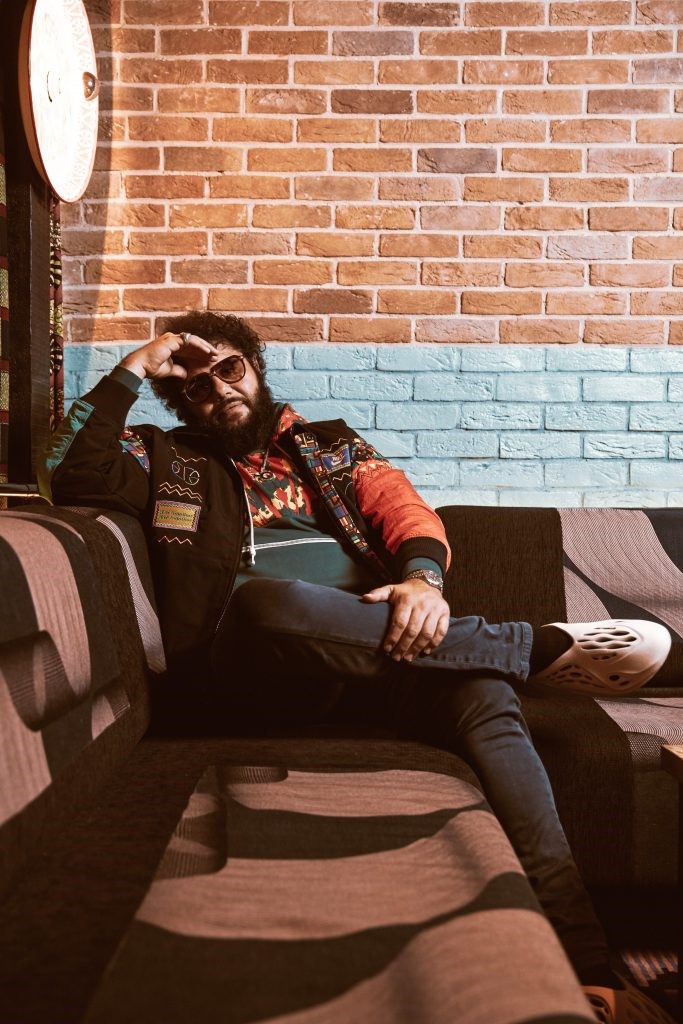
While Amer has leaned on Youssef’s support continually in answering those questions, he initially had a hard time getting his other collaborators to understand what he’s going for.
“Every time writers come in and try to help me with the story, they ask me, ‘what would you compare this to?’ There’s really nothing to give them. There’s no comps to this, and how I want to tell it in particular. How my mind works, and how I tell stories, is different. And more than that—there’s just never been a Palestinian family depicted on television before.”
Sometimes, either on set or in the writer’s room, Mo is the only one that sees the humour in things. To be honest, he can understand why others might struggle with that bit.
“I have to remind people it’s a comedy, because being Palestinian is pretty f***ing depressing sometimes. At the same time, some of the funniest people I know are Palestinian just because of how much pain they’ve gone through.”
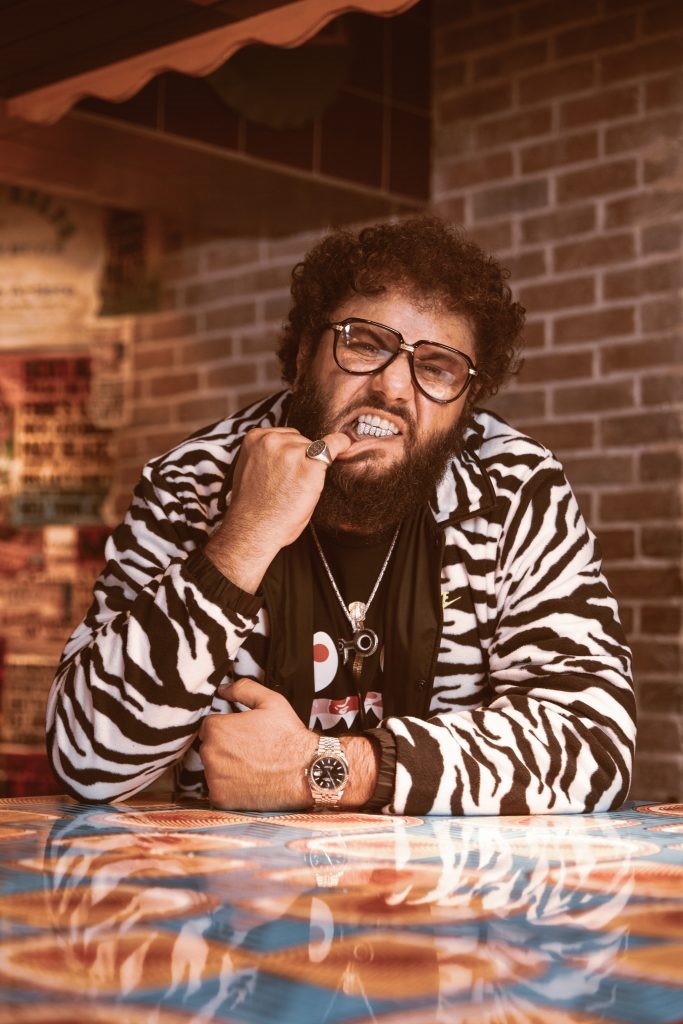
As he prepared to write the show, Amer started asking his mother certain questions in order to navigate the new world he was creating. To his relief, after some hesitation over the years, Amer’s mother had finally reached a point where she understands what he’s trying to accomplish in telling their stories in the way he does, he says.
“I think she’s at a place where she trusts me. She knows I’m not going to do anything that’s intended to harm us,” says Amer.
“This is TV, sure, but this is my life. There’s stuff we’re going to fictionalize, but it’s heavily inspired by what’s really happened. It’s about tipping a hat to the ones that afforded me the opportunity to have a life in America, to have a dream, to pursue it, and be supported while doing it. It’s a thank you. It’s a love letter to Houston for raising me, a love letter to my family, to my ancestors. That’s what it’s really about.”
It may be a letter he’s written in his own blood, sweat and tears, but through the entire process, the pain has felt better than anything he’s felt before.
“I can tell you that it’s been really cathartic. It’s been really beautiful. I’ve been filled with a sense of overwhelming joy in capturing Palestinian culture in Texas on camera. I keep saying to myself, ‘well, we just did that’,” says Amer.
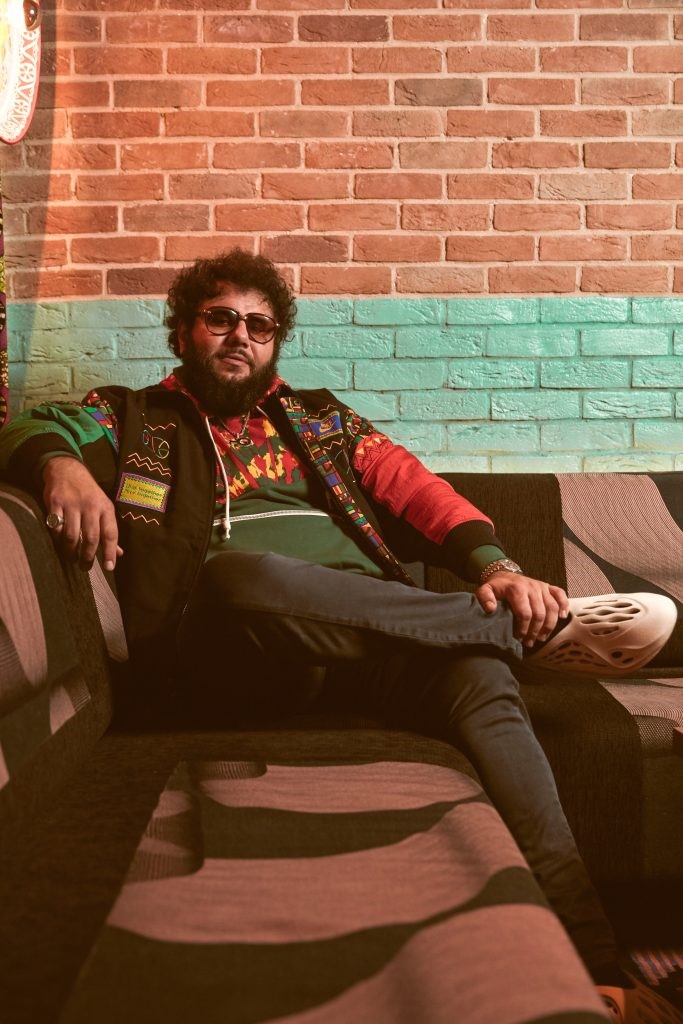
On set, the many Palestinians both in front of and behind the camera continue approaching him as they watch production unfold, in awe of what they’re seeing.
“They’re just like, ‘bro, this is amazing!’ Nobody ever thought we could do this, including myself. I had started to doubt whether I was ever going to be able to do it on television.”
“It’s really exciting to be able to bring these stories to life, to share all these ‘inside baseball’ cultural experiences that I’ve had my whole life and bringing them to the world is just so cool. It’s just really, really cool,” repeats Amer.
The person whose opinion he cares about the most, of course, remains his mother, and each time there is a new scene to show her, he calls her up, which elicits the same reaction, again and again.
“Every time I show my mom something, she cries. Every time I’m like, ‘oh look what I did today!’ She’s always just crying, like really crying. Like, I’m going to cry too, just thinking about it. It’s exhausting. It’s taxing. It really requires a lot of reflection and insight into why I’m doing something a certain way, but it’s all worth it when I show it to her.”
Photography by Adel Rashid
Styling by Nino Malke
Shot at Miss Lily’s Dubai








